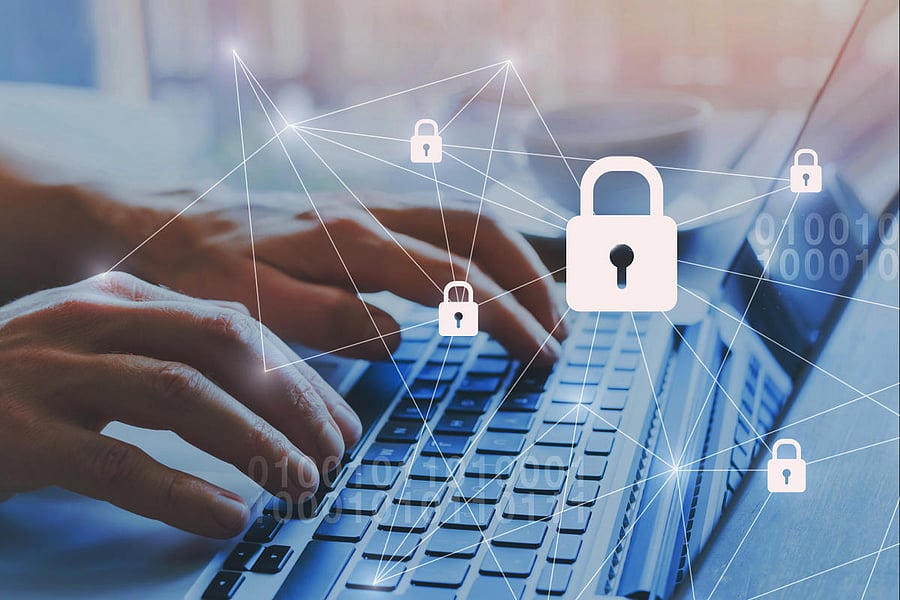Today, both our work and personal lives have moved online. Meanwhile, the significant increase in cyberattacks, data theft, and the commodification of user data has given rise to concerns about the regulation around data privacy and protection.
The European Union’s enforcement of the General Data Protection Regulation (GDPR) has affected businesses across the globe and has taught the world to take privacy concerns seriously.
The EU regime regulates the collection and processing of data, restricting the illicit utilisation or mishandling of private information by creating a legal environment of fairness, security, accuracy, and accountability in dealing with data.
As an emerging technological hub, India is also stringently enforcing aspects of data protection and privacy. Though we do not have any specific data protection regime, the Information Technology Act, 2000 aids the regulation of data usage in India.
We also have a pending data protection bill — The Personal Data Protection Bill, 2019 — which is heavily reliant on the GDPR of the EU and aims to mitigate the lacunae in the data protection regime.
In the immediate future, companies will need ‘privacy professionals’ to ensure compliance with these regulations. This opens new roles for budding legal professionals such as data protection officers, chief privacy officers, privacy lawyers, or those working with the regulatory bodies or government authorities to carry out data protection implementation, advisory, or audit.
Further, a move towards ethical data use puts legal professionals with expert knowledge of data protection laws and regulations at an advantage.
This merger of law, technology, and established business practices throws up new regulatory challenges that can be met only by lawyers who are skilled adequately to take advantage of technological disruptions.
Such lawyers will find themselves working in the exciting world of the Internet of Things (IoT), Blockchain, Cryptocurrencies, Machine Learning, Artificial Intelligence, and allied fields. Some of the opportunities and roles include:
Privacy advisory and analysis: Technology companies need lawyers who can advise them as a retainer or on a project basis, on their privacy framework, this can be from a general advisory standpoint or post gap analysis of their current framework keeping in mind the legal and regulatory development in the privacy space.
Privacy lawyer: The new data protection laws allow the aggrieved party to initiate complaints and legal recourse which allows privacy lawyers to collaborate with the litigating lawyers to bridge the information gap and bring in their specialized knowledge to navigate through this slippery path.
Legal consulting: Data protection also opens opportunities for legal consultation to companies, firms, and other judicial entities in the data collection and processing space. The consultation can range from guidelines on privacy framework to risk mitigation strategy.
Privacy crisis management: The new regulation also gives rise to initial and final report filing with the regulatory body under the Acts, coordination with the regulatory authority, answering their queries which many companies prefer to be handled by experienced and specialized legal professionals to make sure that the information provided is the right information.
Privacy training to the concerned team, DPO & DCO is a requirement under the regulation which requires the concerned team to know how to act in case of hacking or breach of data.
Students looking forward to a career in data privacy will be required to develop an understanding of related areas of law like Constitutional Law, International Law, Public Policy, Intellectual Property Laws along with Cyber Laws, and Technology related laws. Academic training will need to be further supplemented with practical experience through internships and interaction with experts through various professional forums. Institutions supporting industry-academia linkages with dedicated internships and training programs are the way ahead to develop oral, written, analytical, logical, and legal technological skills for law students who intend to pursue careers in this growing sector.
(The author a Bengaluru-based law school)
